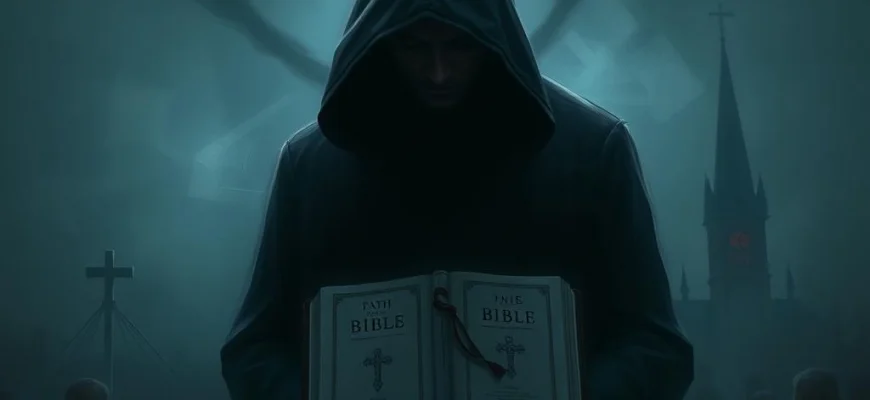If you were captivated by the scandalous revelations and dramatic storytelling of 'The Secrets of Hillsong' (2023), you're in for a treat. This article explores 10 gripping movies and shows that delve into similar themes of faith, corruption, and hidden truths. Whether you're drawn to investigative documentaries or dramatic retellings of real-life events, these picks will keep you hooked.
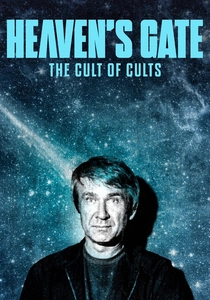
Heaven's Gate: The Cult of Cults (2020)
Description: A deep dive into the infamous Heaven's Gate cult, exploring how charismatic leadership and belief systems can lead to tragic outcomes. It mirrors themes of devotion, manipulation, and the consequences of extreme faith.
Fact: The documentary features never-before-seen footage from the cult's archives, providing a unique glimpse into their final days.
 Watch Now
Watch Now 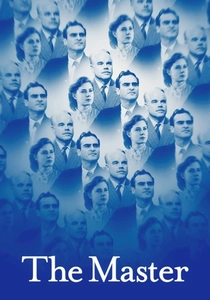
The Master (2012)
Description: A film about a troubled World War II veteran who falls under the influence of a charismatic leader of a philosophical movement. It explores themes of power, control, and the search for belonging.
Fact: The movie was partially inspired by the early days of Scientology, though it is not a direct portrayal.
 Watch Now
Watch Now 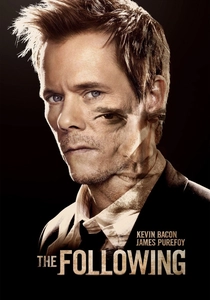
The Following (2013)
Description: A thriller about an FBI agent tracking a charismatic serial killer who commands a cult-like following. It examines the dangerous allure of charismatic leaders and the psychology of their devotees.
Fact: The show's creator, Kevin Williamson, is also known for his work on 'Scream' and 'Dawson's Creek.'
 Watch Now
Watch Now 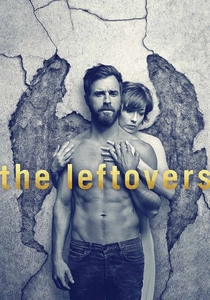
The Leftovers (2014)
Description: A drama exploring the aftermath of a mysterious global event that causes the sudden disappearance of 2% of the world's population. It delves into grief, belief, and the human need for explanation in the face of the inexplicable.
Fact: The series was inspired by Tom Perrotta's novel of the same name and diverges significantly from the source material in its later seasons.
 Watch Now
Watch Now 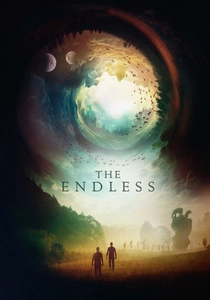
The Endless (2017)
Description: A sci-fi horror about two brothers who return to the cult they escaped from, only to find that the group's beliefs might be based on reality. It blends psychological tension with supernatural elements, exploring the fine line between faith and delusion.
Fact: The film is set in the same universe as the directors' previous movie, 'Resolution,' and features crossover elements.
 Watch Now
Watch Now 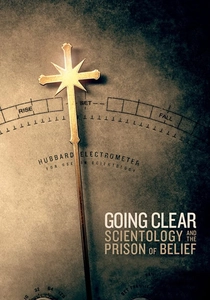
Going Clear: Scientology and the Prison of Belief (2015)
Description: This documentary delves into the inner workings of a controversial religious organization, exposing its secrets and the psychological hold it has on its members. It shares a theme of uncovering hidden truths within powerful institutions.
Fact: The film was based on Lawrence Wright's Pulitzer Prize-winning book and faced legal threats from the Church of Scientology before its release.
 Watch Now
Watch Now 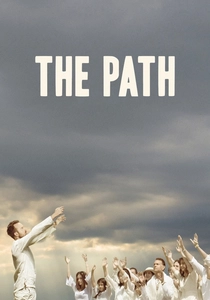
The Path (2016)
Description: A fictional series about a man's crisis of faith within a cult-like movement, examining the tension between belief and doubt. It captures the internal and external conflicts faced by members of such groups.
Fact: The show was praised for its nuanced portrayal of religious extremism and the search for meaning.
 Watch Now
Watch Now 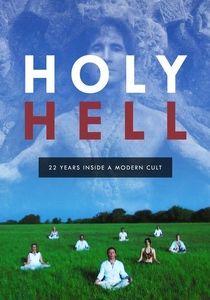
Holy Hell (2016)
Description: A personal account of life inside a spiritual group, detailing the allure and eventual disillusionment with its leader. It highlights the emotional and psychological impact of belonging to such communities.
Fact: The filmmaker was a member of the group for over 20 years, making this a deeply personal and insider perspective.
 Watch Now
Watch Now 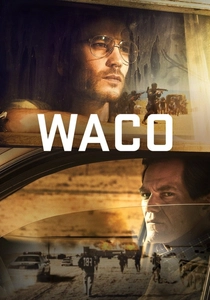
Waco (2018)
Description: This series dramatizes the standoff between the Branch Davidians and federal authorities, focusing on the clash of ideologies and the tragic consequences. It explores themes of faith, authority, and misinformation.
Fact: The show consulted with survivors of the Waco siege to ensure accuracy in its portrayal of events.
 Watch Now
Watch Now 
Midsommar (2019)
Description: A horror film about a group of friends who visit a remote Swedish village's midsummer festival, only to discover the community's dark secrets. It shares themes of communal living, ritual, and the loss of individuality.
Fact: The film's daylight horror aesthetic was a deliberate choice to subvert traditional horror tropes that rely on darkness.
 Watch Now
Watch Now 
